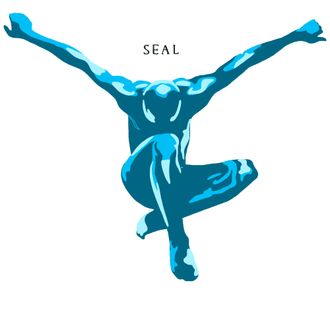Save this article to read it later.
Find this story in your accountsSaved for Latersection.
Kiss From a Rose has to be one of the most unusual No.

1 hits of all time.
Read on for a transcript of the conversation or listen to the episode wherever you get your podcasts.
What do you think has kept people engaged with this song for so long?
Seal:If I knew the answer to that, Id write a lot more of them.
I think its a decent song, obviously.
It shouldnt really work, if you start to get analytical about it.
But somehow it does.
Its kind of against all odds.
And because nothing sounds like it, it tends to not get old.
Nate:Do you remember the act of putting the song those melodies, those lyrics together?
Seal:I received a four-track recorder a Portastudio.
I imagined what an orchestra would do.
So you have the oboe or the string part.
And then youd have the pizzicato strings there [sings opening riff].
Nate:Is that a method of composition that you have replicated since then?
One of my big influences when I was getting my songwriting career together was Crosby, Stills & Nash.
They have really beautiful harmonic melodies, but also theyre quite rhythmic.
Thinking about it now, Kiss From a Rose was probably influenced by Crosby, Stills & Nash.
Maybe thats where that love of, or certainly the attraction to, that style of layering came from.
I wonder if you remember your reaction when you first heard Trevor Horns orchestral arrangement of the song.
My issue was with the song itself.
I was listening to lots of Hendrix and Zeppelin and dance music.
I was very much involved in that wave of dance music that happened in the late 80s in England.
I didnt want that to be my debut offering.
Nate:As you point out, this is an unusual time signature to encounter in recent popular music.
Seal:Ive always loved kind of uncommon time signatures.
I think Dreaming in Metaphors is 7/8.
With Kiss From a Rose, it just seemed normal to come up with something like that.
It doesnt sound the way that other songs from that era do.
It exists a little bit out of time.
Seal:Well, thats also an ethic that Trevor instilled in me.
He avoided sonic time stamps, melodic time stamps, production time stamps.
And he always said, Why make a record when you’re free to make a timeless record?
That was his attitude.
He steered me away from ever trying to do anything that was fashionable at the time.
This interview has been edited and condensed.